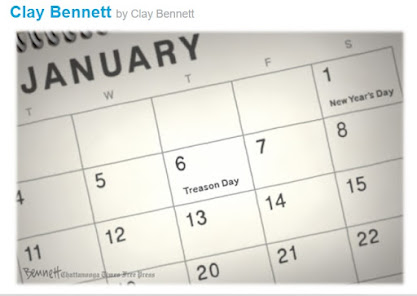A confluence of topics dealing with mental health, substance abuse, health, public health, Social Work, education, politics, the humanities, and spirituality at the micro, mezzo, and macro levels. In short, this blog is devoted to the improvement of the quality of life of human beings in the universe.
Thursday, January 20, 2022
Tuesday, January 11, 2022
Therapy discussions - "Even if things get better they don't last."
Therapy discussions are composites and not a transcription of an actual conversation.
The 55 year old female client said, "My life has been just terrible. Bad things always happen to me. I'm on my third marriage and so many people in my life have died. I think my life is at an end. I can't take much more. It seems things are always terrible."
I said, "Golly, that sounds awful. It is amazing you've made it this far."
She said, "Yeah, I don't want to get up in the morning. Nothing ever goes right for me."
I said, "Never? Nothing has ever happened that's good in your life?"
"No," she said, "and even if things do go better they don't last."
I said, "I know what you mean. My brother told me one time, 'There's no such thing as gravity, the whole world sucks.'"
She looked at me as if she didn't believe I'd said this and laughed.
I laughed too. We laughed together at how bad things can be, and if you can laugh with someone, how bad can it be?
Hygiene Theater
This behavior had arisen in my consciousness and I have observed it multiple times but didn’t have a name for it until I read the article in the Washington Post by Marc Fisher about “hygiene theater.”
Hygiene theater is intended to lower anxiety about catching covid while the unintended side effects of the supposed hygienic practices can make the likelihood of catching Covid higher.
The same theatrical management of supposed terrorist threats leads to terrorist theater.
Community psychologists and Social Workers who study macro systems might be on to this phenomena. It might be a good thing if more people, especially the policy and procedure implementers were aware of it.
The concept of hygiene theater might also be helpful in clinical settings if psychotherapists discussed this drama with their clients and how the dramatic “precautions” instill needless anxiety.
Monday, January 10, 2022
Therapy discussions, "I like villains better than heroes."
I met with a client (23) who told me when I asked him who his heroes are "I don't have heroes. I like the villains better."
Sunday, January 9, 2022
Social Workers in Primary Care Practices Found to Increase Access to MH Care
Saturday, January 8, 2022
Therapy discussions - January 6th is Treason Day
Therapy discussions are composite descriptions of therapy conversations. They are not a transcription of a discussion with a particular client.
Yesterday , January 5, 2022, was quite a day in the office. In addition to the client who wanted to discuss the blue-footed booby bird, another client brought up "treason day." He said, "Ya know, Mr. Markham, tomorrow is treason day."
Sunday, January 2, 2022
It is hard to understand what one doesn’t know
He (Eric Kalenze) also discovered books by E.D. Hirsh Jr. and Diane Ravitch that reinforced his initial feeling that what was called “progressive” or “constructivist” pedagogy didn’t place enough value on building students’ knowledge through explicit instruction “ Wexler, Natalie, Why So Many Kids Struggle To Learn, American Scholar, Winter 2022,P. 41
The basic idea is that reading comprehension depends on stored knowledge so that the reader has a context for the new information being obtained. Without this context the reader is confused or bypassed as the information goes over their head. Explicit instruction of primary concepts and knowledge is needed for understanding to be achieved. Merely decoding words with phonetic articulation doesn’t provide the meaning of the word.
In other words it is important for a person to know stuff if they are to learn more about it.
The even more problematic situation is when people think they know stuff that they don’t. This is a common phenomenon called the Dunning Kruger effect. The Dunning Kruger effect is acknowledged in the slogan, “A little knowledge can be a dangerous thing.”
The Dunning-Kruger effect also highlights the difference between being “dumb” and “stupid.” Dumb is when a person is ignorant and doesn’t know. Stupid is when a person thinks they know but doesn’t.
Dumbness can be easily dealt with. Stupidity, however, is a whole other challenge.





